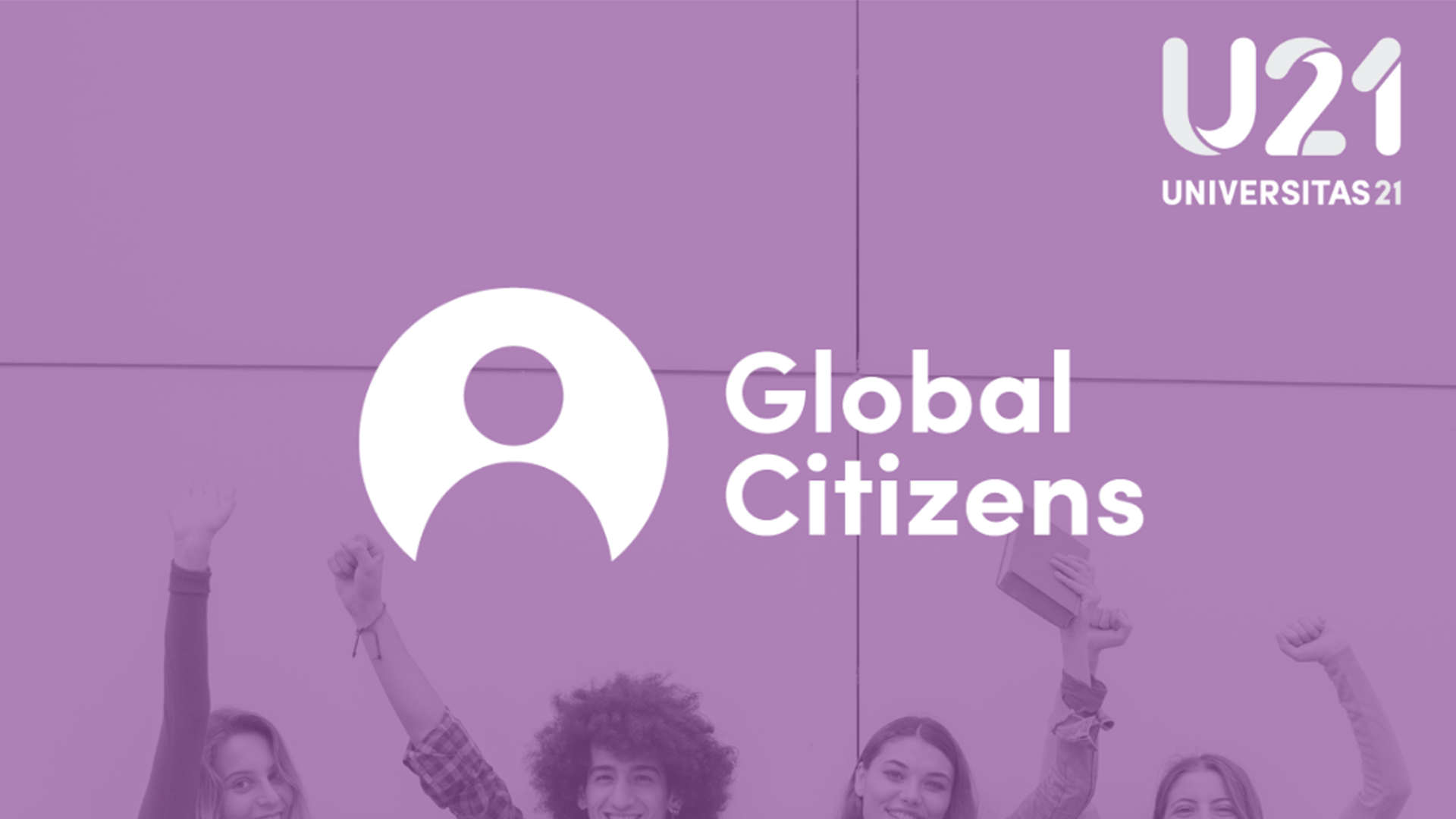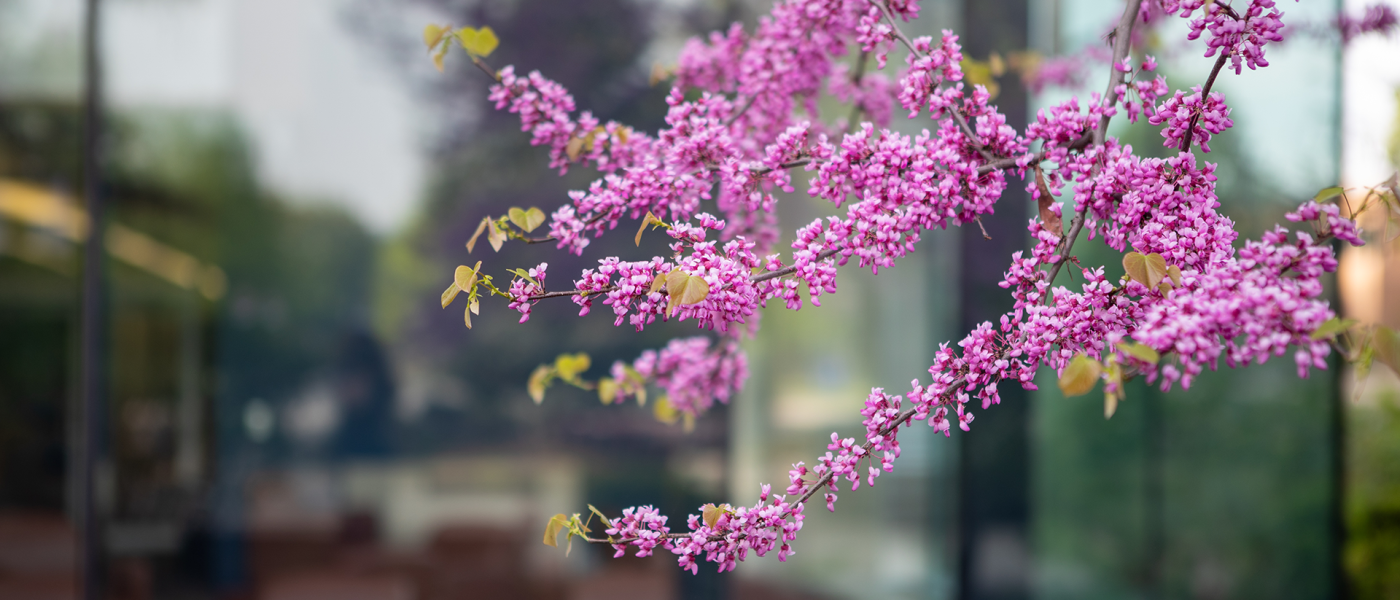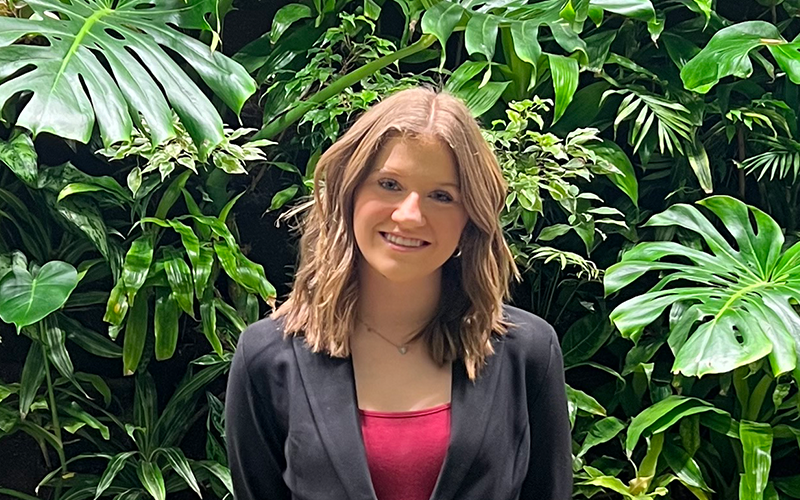"Case competitions are excellent ways to network and gain exposure to the working world while gaining professional development along the way."
Q: Which case competition did you participate in?
The case competition I took part in was held by Maple Leaf Sports and Entertainment (MLSE). I was paired in a group with 4 others from different parts of Canada, where we created a pitch for a sponsorship between one of the MLSE teams and a brand, where we pitched on zoom. My group made it to the in person finals at MLSE headquarters where we came up with another new pitch.
Q: How would you describe what a ‘case competition’ is to a student?
A case competition is an opportunity for teams to work together on solving real-life challenges businesses face. Participants can be tasked from a range of analyzing and finding solutions for a problem within a company, creating partnerships between a brand and a company / team, and presenting these findings to a panel of judges. It is an opportunity for students to showcase their strategic thinking, creative skills, and teamwork while addressing problems that have real-life impact.
Q: What was it like being a social sciences student on your team, and in the competition?
Being a social science student on my team was both rewarding and challenging. Most of my team members had experience in the world of sports, as well as were business majors giving them an advantage on that level. however, putting our skills together allowed me to excel, as well as learn from my teammates. I was able to put forth my legal and writing skills from political science to write persuasive information. I was also able to learn how to be creative on the spot and think outside of the box. Being partnered with members from other programs was rewarding as we all learnt from each other. They taught me invaluable skills that I still use to this day such as market research, quantitative analysis, financial expertise and more. We bounced off each other, allowing each other to be successful and excel.
Q: Why do you think social sciences students try out participating in a case competition?
I think social science students participating in case competitions allows them to put forth their analytical, research and problem-solving skills into real-world problems with allowing them to view these problems from other perspectives. Often in the social sciences there is a gap between us, and other programs because of the work we do, but there is a disconnect in where these programs align with others, for instance business. Case competitions can allow social science students to use their skills, with also learning new skills from both their teammates and outside industries not typically talked about in the social sciences. Case competitions are excellent ways to network and gain exposure to the working world while gaining professional development along the way.
Q: What would you say to social science students who are hesitant to join a case competition or outside experience but could benefit from doing so?
Answer: I would advise students to take the leap even if it is daunting and intimidating. I was nervous at first as I did not quite understand what a case competition was, let alone did not know much from the business world. Though, the experience was rewarding and allowed me to put my passions into an educational context, and I learnt so much that I am grateful for the experience. The business context may seem unfamiliar, but the unique perspectives we can provide as students of the social sciences are invaluable and can go a long way in any industry, profession, or opportunity. Case competitions are a great way to step out of your comfort zone and develop new skills that will stick with you during your education, and work-life. They are also an opportunity to build confidence in both your analytical skills, but also presentation and overall education skills. Opportunities such as case competitions allow you to network with a variety of industries that may be of interest or relative to you, your passions, and your studies. It’s not about winning, or being the best but rather what you learned, how you put it to use and what you will do to further that as every skill you learn is valuable for the future.





